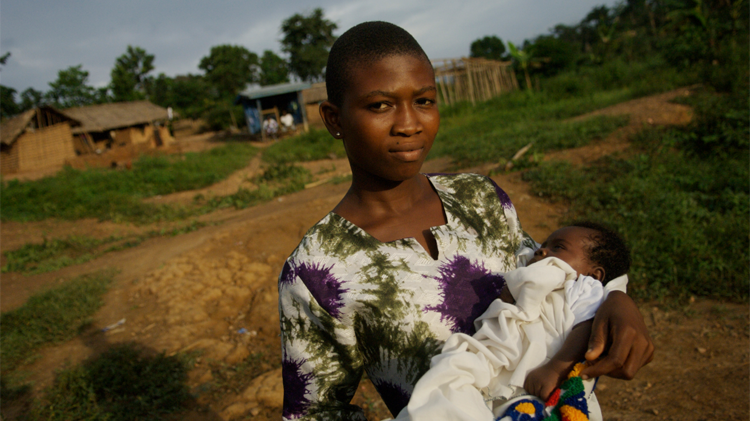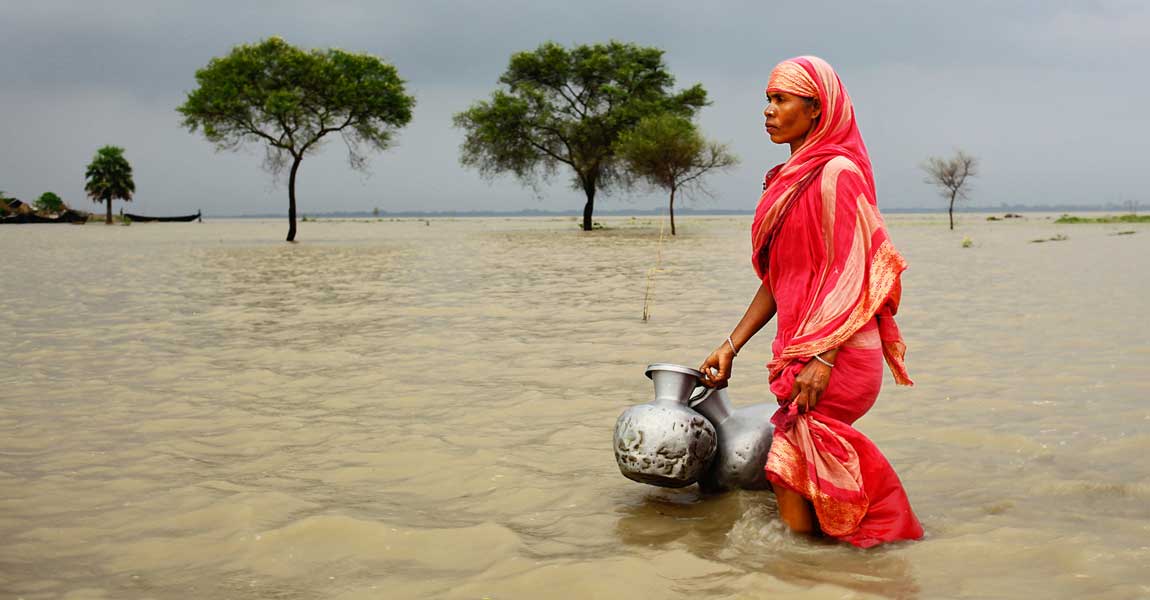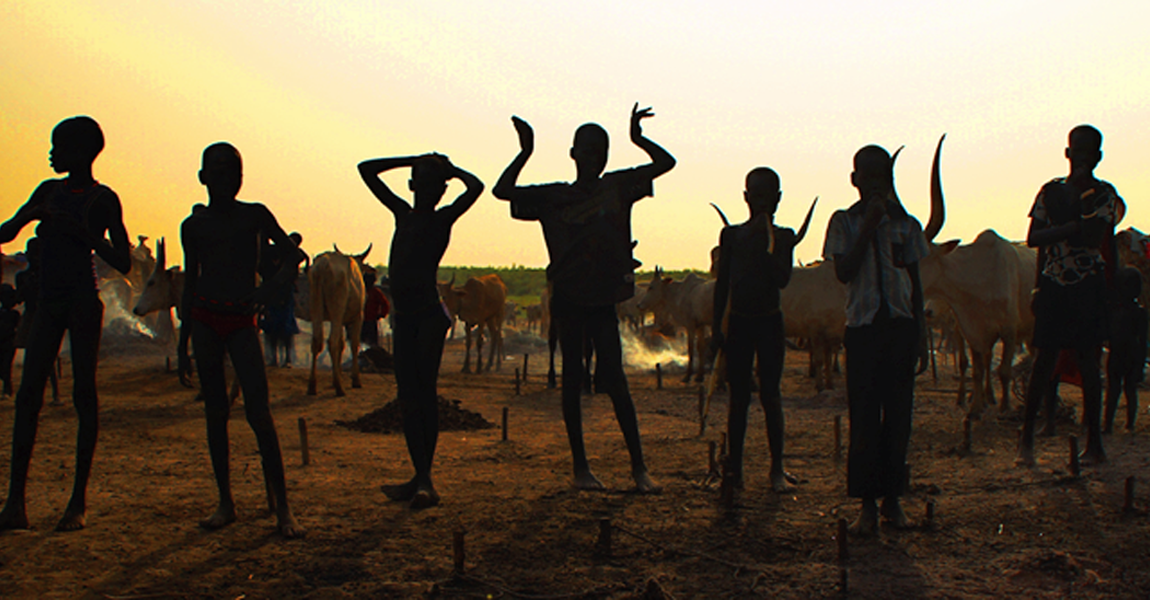Following the GFF replenishment event in November 2018 that raised more than US$1 billion for the Global Financing Facility for Women, Children and Adolescents (GFF), the GFF announced today that 9 countries—Chad, Ghana, Mauritania, Niger, Pakistan, Somalia, Tajikistan, Zambia and Zimbabwe—will join the GFF, bringing the total number of GFF-supported countries to 36.
Category: In the News
A post-2020 Imperative: Help Boys and Men Embrace Sexual and Reproductive Health and Rights
As the sexual and reproductive health rights (SRHR) field has increasingly recognized, gender inequality and restrictive gender norms harm everyone by creating avoidable damage to health and wellbeing. Whether through norms that encourage male sexual exploration and female reticence; norms that constrain women’s access to information and the outside world; norms that sanction men’s physical, emotional, or sexual dominance over women; or norms that prioritize the nutritional needs of boys over girls, restrictive norms result in damage to health and wellbeing all around the world.
West Africa’s Contraceptive Revolution: 5 Lessons for the International Community
The Ouagadougou Partnership has been a unique experience. I have spent the last six years serving as Director of the Coordination Unit of the Ouagadougou Partnership — a collaboration between nine francophone countries in West Africa and numerous international donors and local implementing partners.
Melinda Gates – “The Moment of Lift” and Giving Back on a Global Scale
Melinda Gates explains how empowering women can have a ripple effect around the world and how birth control can be an anti-poverty tool.
Reaching pregnant women vulnerable from conflict in Maguindanao, Philippines
More than 45,000 people have been displaced from conflict in the BARMM including in Magindanao, according to the 29 March information from the BARMM Ministry of Social Services. UNFPA estimates there could be as many as 1,400 pregnant women among the affected population, with around 500 expected to deliver in the next three months. There are also more than 900 women who have given birth in the last six months.
Tufts entrepreneurs aim to improve Bangladeshi women’s health
Two budding entrepreneurs at Tufts University were recently awarded $15,000 for their proposal to improve health for female Bangladeshi garment workers. The annual Tufts $100k New Ventures Competition gives faculty, students, alumni and staff the chance to win cash and temporary office spacefor a business idea they pitch. Earlier this month, the competition announced it would divvy up $150,000 in prizes among winners in three categories.
Women canvass reproductive health, family planning in Taraba
Women have advocated for reproductive health, child spacing and family planning in the 16 local councils of Taraba. According to them, observance of family planning methods would reduce the high infant and maternal rate in the state.
Developing innovative approach to reduce maternal mortality
Despite several interventions to reduce Maternal Mortality Rate (MMR), Nigeria still contributes ten percent of global burden of maternal deaths. According to National Demographic and Health Survey (NDHS), the maternal mortality is one of the highest in the world with an estimate of 574 maternal deaths for every 100, 000 live births. This huge burden of maternal deaths makes the reduction of maternal mortality in African a global priority.
South Sudan, UN sign 5 mln USD health cooperation pact
The United Nations Population Fund (UNFPA) and South Sudan's Ministry of Health on Tuesday signed a five-million-U.S. dollar cooperation agreement aimed at strengthening the country's ailing health sector.
How Family Planning Can Boost India’s Per Capita GDP 13% By 2031
India’s per capita gross domestic product (GDP) can rise an additional 13% by 2031 if family planning policies are actively prioritised, according to a new study.






